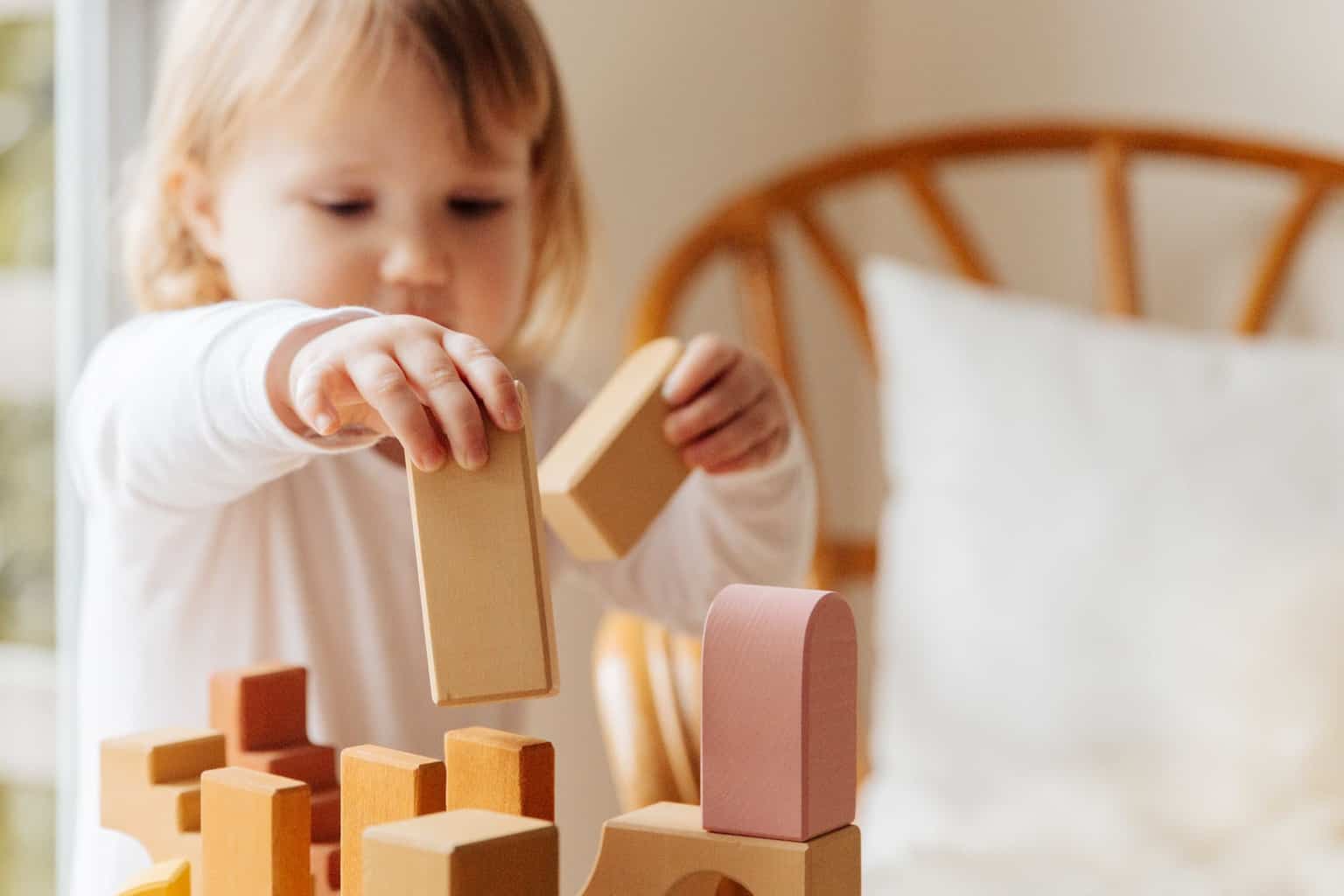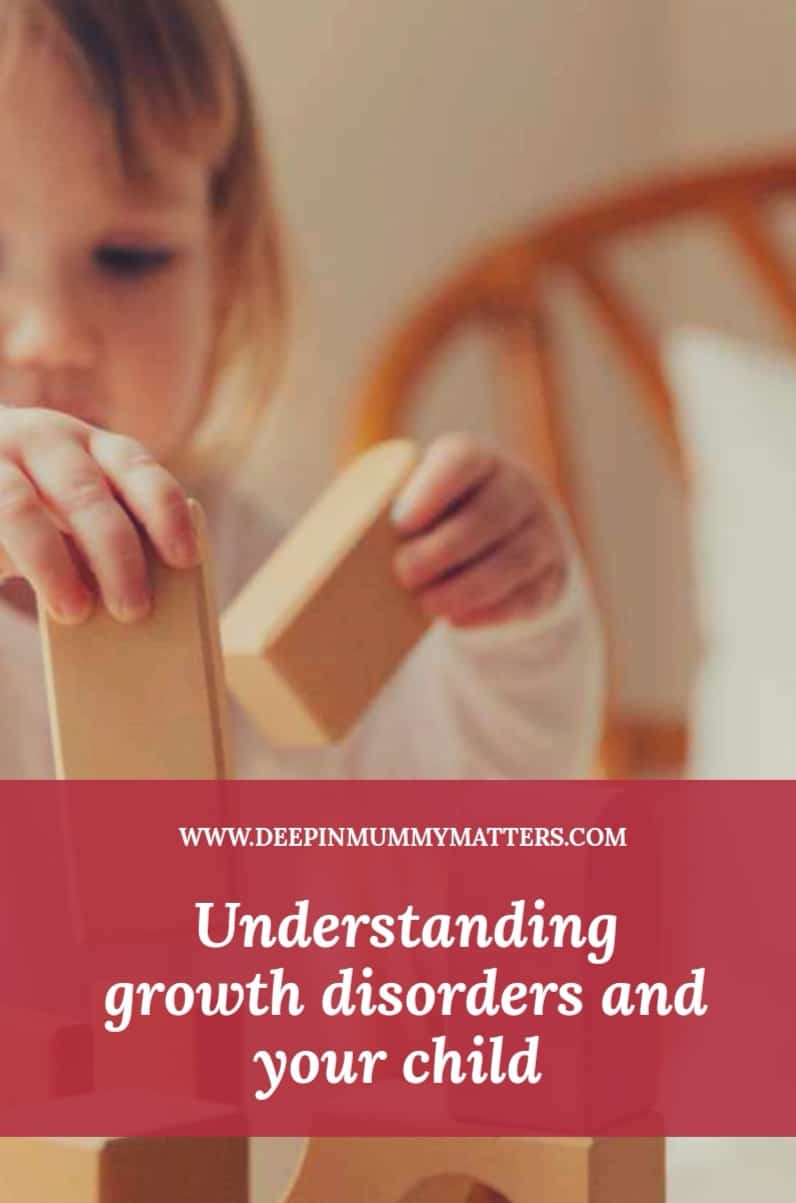Growth disorders in children may not mean exactly what you think it means. When you hear the word “growth”, you probably automatically think about your child getting taller, or perhaps being too short for their age. But this isn’t what growth disorders actually mean at all.

Growth disorders can be physical issues as well as mental, too. And since we’re currently living during a time of the COVID pandemic, it’s a good possibility that your child might be dealing with anxiety issues or other scary thoughts that might be limiting their growth in other parts of their body. The two can absolutely be connected and it’s important to understand that so you can be there for your child and figure out a plan of action to move forward.
Understanding Growth Disorders and Your Child
One of the biggest battles that children are facing right now is anxiety and the confidence of when COVID will end. This not only puts stress and strain on their minds but it puts it on their body as well. And all of this can actually have quite a negative effect on the overall growth patterns in their life.
It’s crazy to think that it can all be linked together but it is. And as a parent, there are ways that you can help your child emotionally to then tackle some of the other growth disorders head-on as well.
Listen to what your child says
They might be little, but they have big feelings that deserve to be heard. When they need your ear or are looking for help, it’s important to give that to them and give them your full attention. They’re looking up to you for guidance and are needing your help at that moment to get through those fears.
Stopping to listen to them not only helps them feel secure but it also helps them possibly get over that hurdle and emotion that they’re feeling right then and there.
Get down on their level and make eye contact
The easiest way to teach your child is to be down on the same level as them. No matter what is going on and what is happening, being on their level when you’re trying to talk about understand their emotions are a very big deal.
Understand that your child might not always be looking for a solution
One of the biggest jobs that parents have is to help their children out in life. This means that parents are always trying to offer advice and give solutions as well. But did you know that your child might not always want a solution? They might just be coming to you to talk to you and vent.
And to be brutally honest, it can be super hard to tell the difference. So much so that you might have to just ask them outright if you’re going to be an ear for them or if they’re asking for your help. Because it’s important to understand that your child is trying to communicate to you in whatever way possible. It’s up to you to decide whether or not you are just there to be a sounding board or if you’re there to try and help them solve the issue.
When it comes to understanding your child and working through various growth disorders, be open to what they’re saying and what they need. You’ll be surprised that when you step back and process the situation, you might be able to help more than you think you can.
Listen to your child, watch their actions, and figure out the best way to move forward in getting your child the help that they need.

